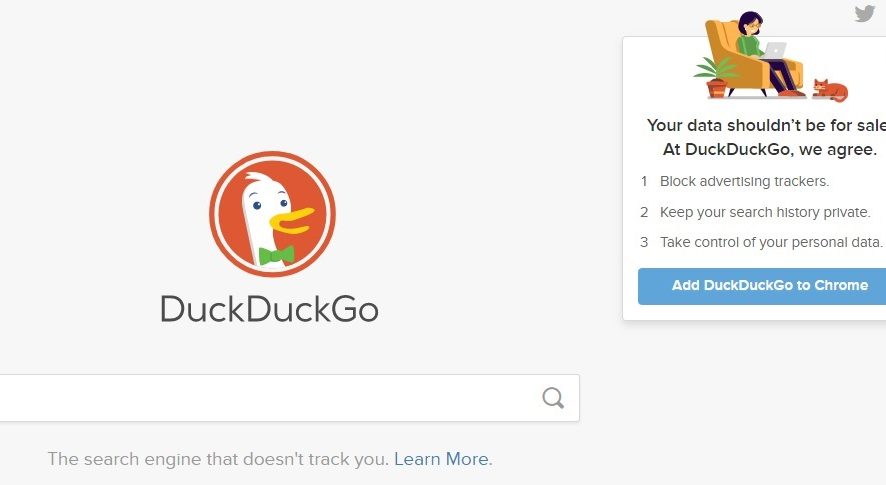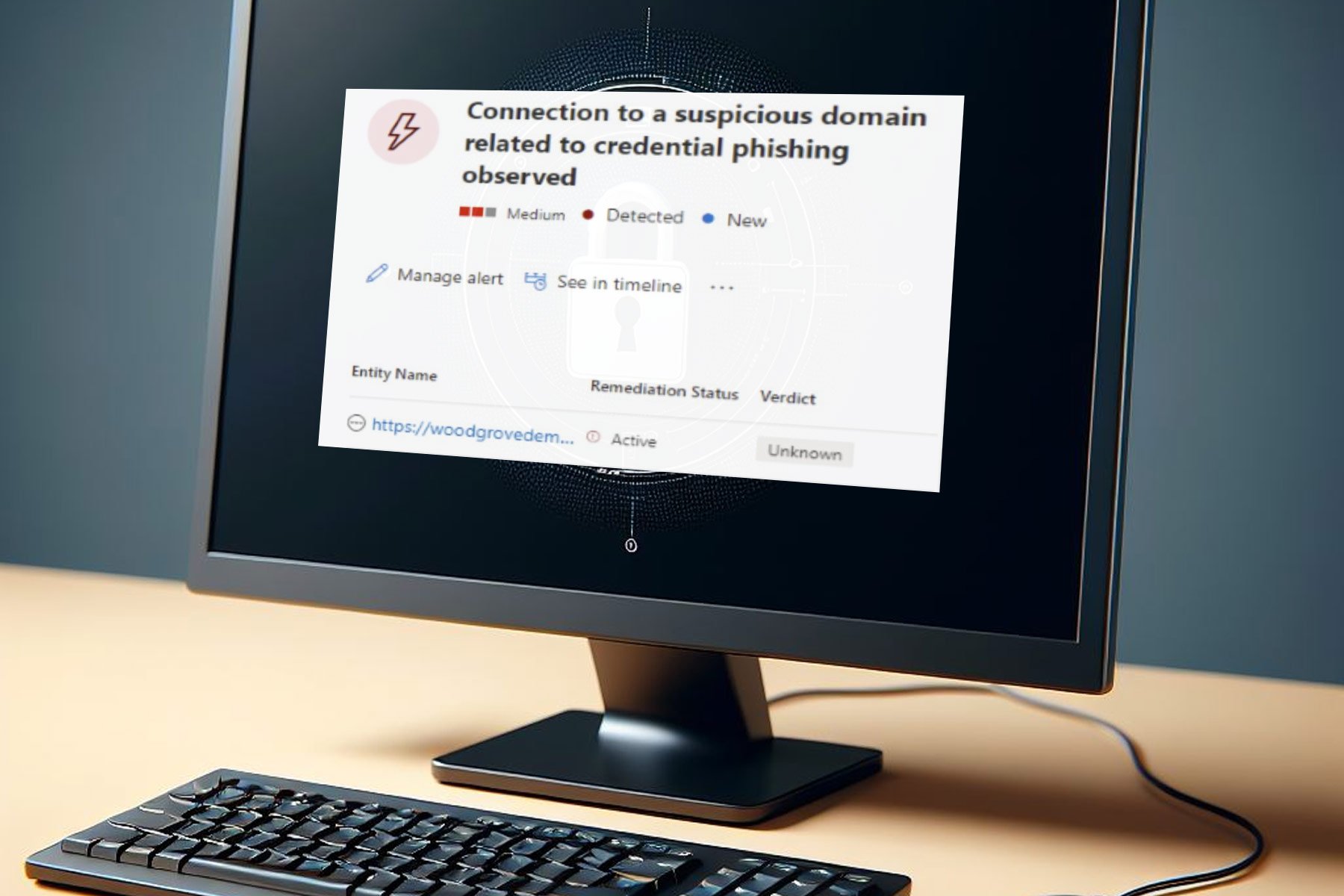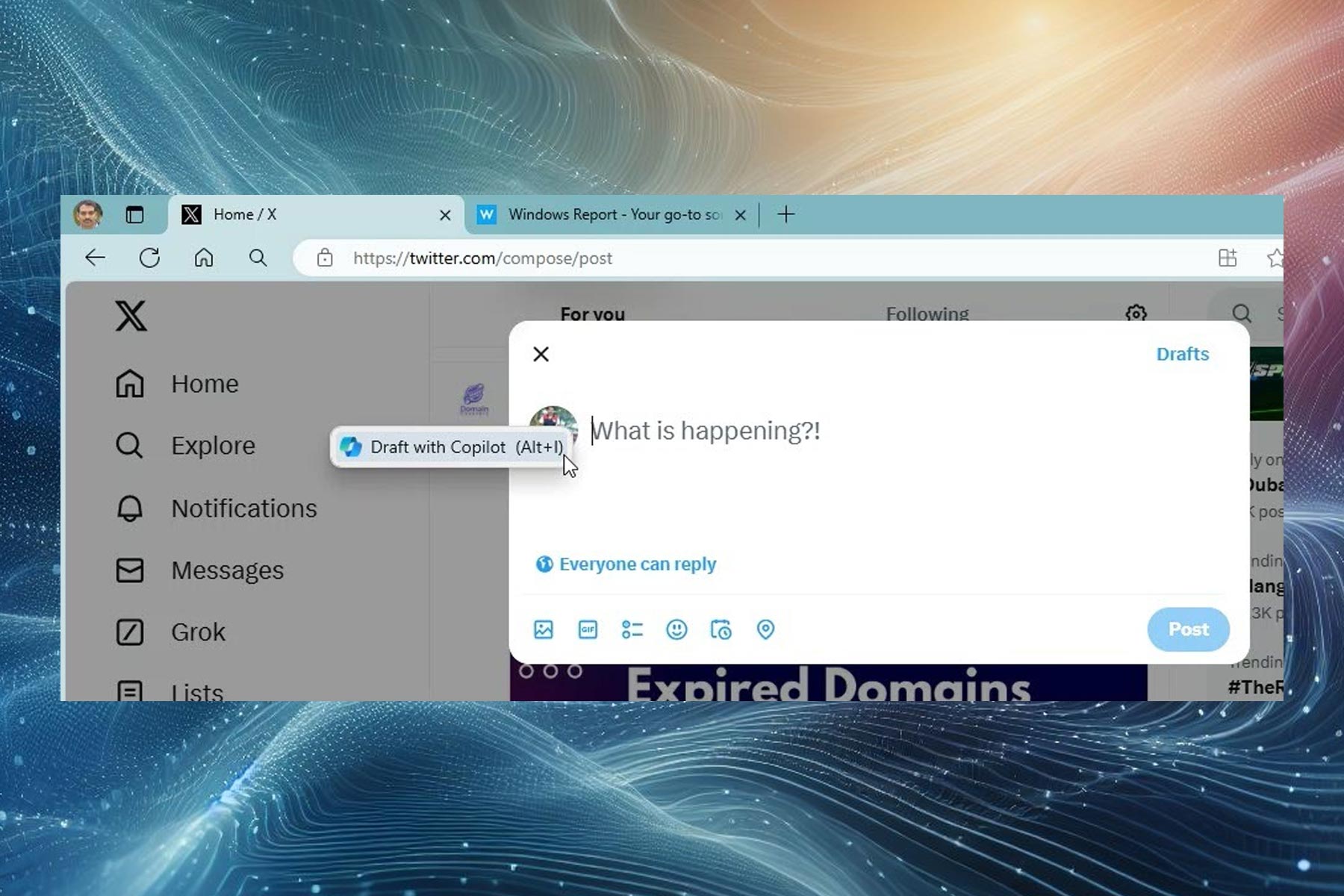DuckDuckGo founder answers user questions about online privacy
4 min. read
Updated on
Read our disclosure page to find out how can you help Windows Report sustain the editorial team Read more

Online privacy is one of the hottest topics of debate in the world. The idea that user data is a commodity doesn’t appeal to anyone.
Unfortunately, nowadays being online and exposing personal information go hand in hand. Your online activity, including the pages that you visited, the keywords that you searched for, the time of the day that you go online and many more metrics are carefully scrutinized.
There are huge databases about you and your online activity and many users aren’t even aware of this fact.
Fortunately, the antidote is available as well. There are quite a few programs out there that you can use to hide your online tracks. The Internet search engine DuckDuckGo is one of them.
DuckDuckGo puts searchers’ privacy first and avoids personalized search results. In other words, this search engine doesn’t track its users.
If you haven’t heard of DuckDuckGo before and you don’t really know what to think about it or you’re not familiar with this whole Internet privacy debate, this article will shed some light on the matter.
In case you want to be secure while surfing the internet, you will need to get a full-dedicated tool to secure your network. Get now Cyberghost VPN (77% flash sale) and secure yourself. It protects your PC from attacks while browsing, masks your IP address and blocks all unwanted access.
Gabriel Weinberg, DuckDuckGo’s creator recently hosted a ‘Ask Me Anything’ session on Reddit that kind of went under the radar for many.
Well, we went through the answers and compiled the best of them in this article. So, if you’re curios to learn more about Internet privacy and DuckDuckGo, check out the list of facts available below.
Here are a few interesting facts about DuckDuckGo
- DuckDuckGo doesn’t collect or share any personal information related to its users. So, if a governmental authority asked DuckDuckGo to hand it information about users, there would be nothing to be handed over. The company has no user accounts to hand over.
That’s one great thing about web search, that all searches can be independent and so you don’t need to save anything about the person searching after the search.
- DuckDuckGo makes money primarily by serving ads, and also through donations and affiliates.
- The DuckDuckGo browser extension and mobile app can block Google and Facebook trackers across the Internet.
- Weinberg pledged DuckDuckGo would not cooperate with government bodies to create a backdoor to any of their programs.
- Sometimes search results are not very accurate or not as good as those displayed by Google. To clear it up, it’s always best to add another search term.
- Weinberg explained that the name DuckDuckGo appeared before he even envisioned a search engine. It popped into his head one day while he was walking with his wife, and he liked the name so much that he decided to use it for whatever he worked on next. And that next project happened to be a search engine.
- The connection between you and DuckDuckGo is encrypted. No one in between the search engine and the user can see your search terms.
- DuckDuckGo doesn’t store your IP at all, there is no record of it after your search.
- Plans for additional DuckDuckGo services are already on the list. The DuckDuckGo app was only recently launched allowing users to take control of personal information on phones as well.
- A DuckDuckGo email service is on the list.
You can check out the full AMA session on Reddit.
If you’re interested in protecting your online privacy, check out the following articles:
- Best Privacy Protection Software for Windows 10
- These are the best Chrome extensions to protect your privacy in 2017
- The best secure chat software to protect your privacy online
- The 7 best proxy tools for Windows 10 to protect your privacy
- Protecting your personal data: Windows Privacy Tweaker is all you need
- Top 5 VPN for Edge browser to protect your privacy in 2018
For enhanced privacy, we recommend that you pair DuckDuckGo with CyberGhost.
Have you used DuckDuckGo on your Windows computer? Tell us more about your experience in the comments below.








